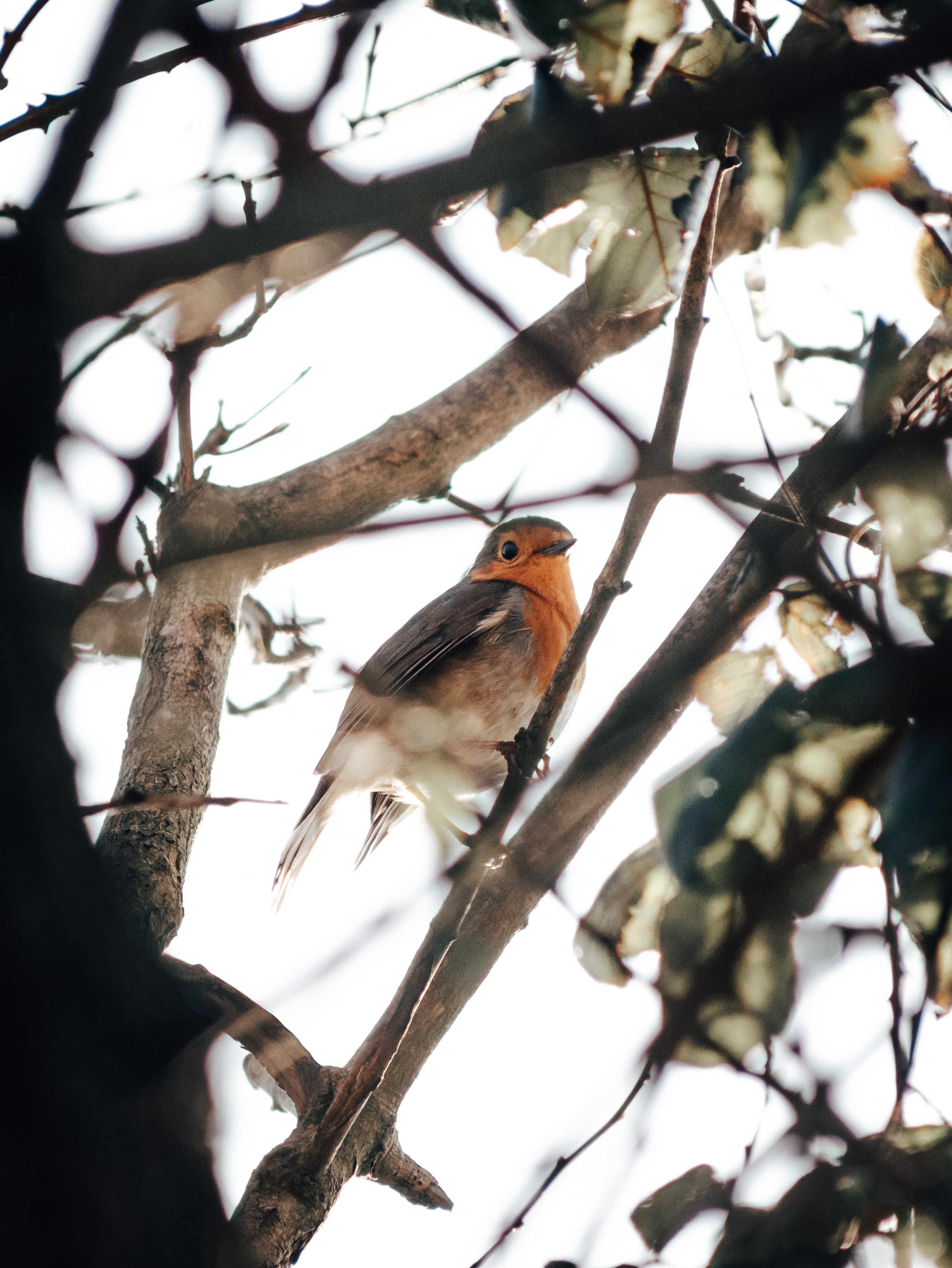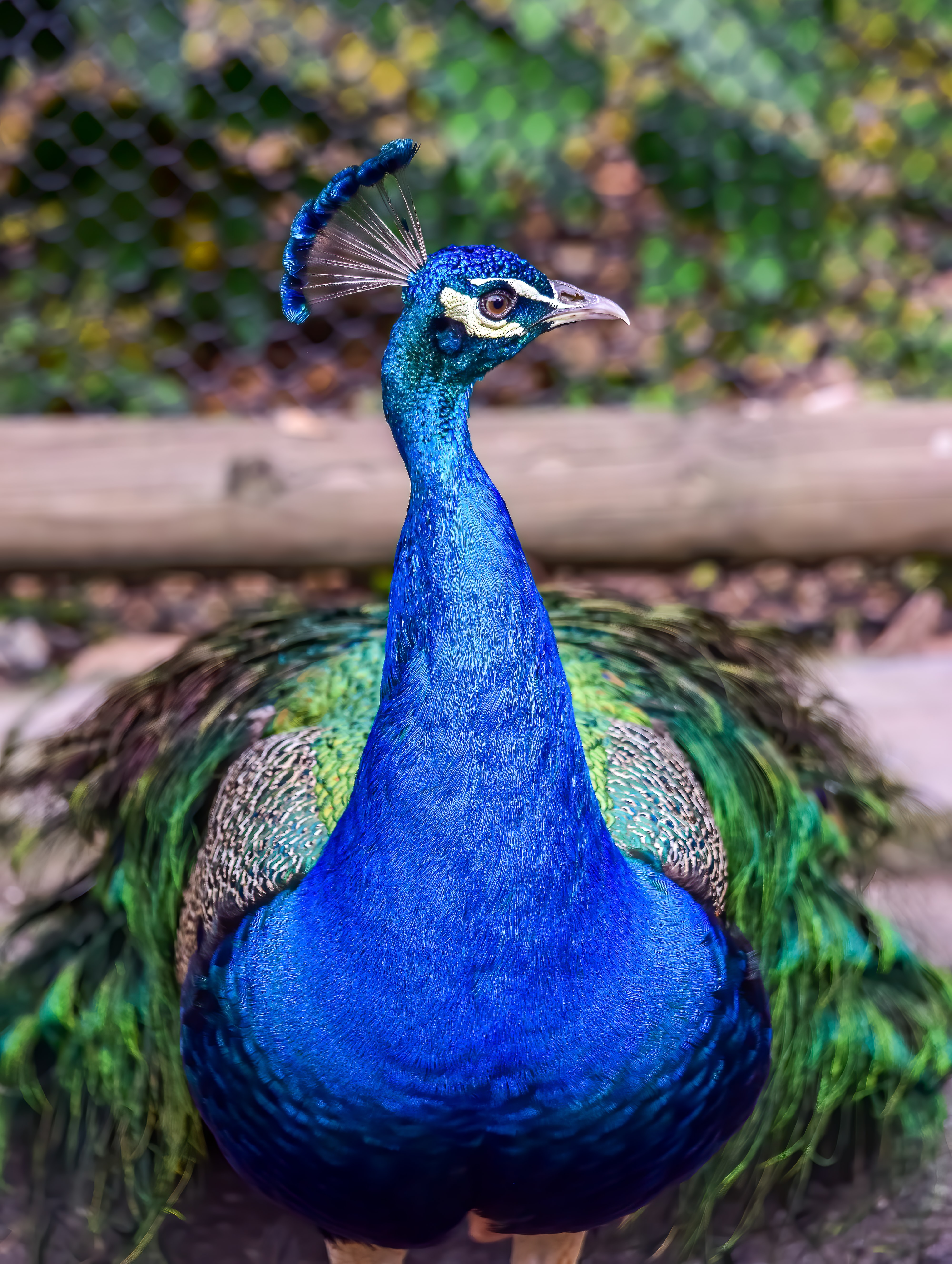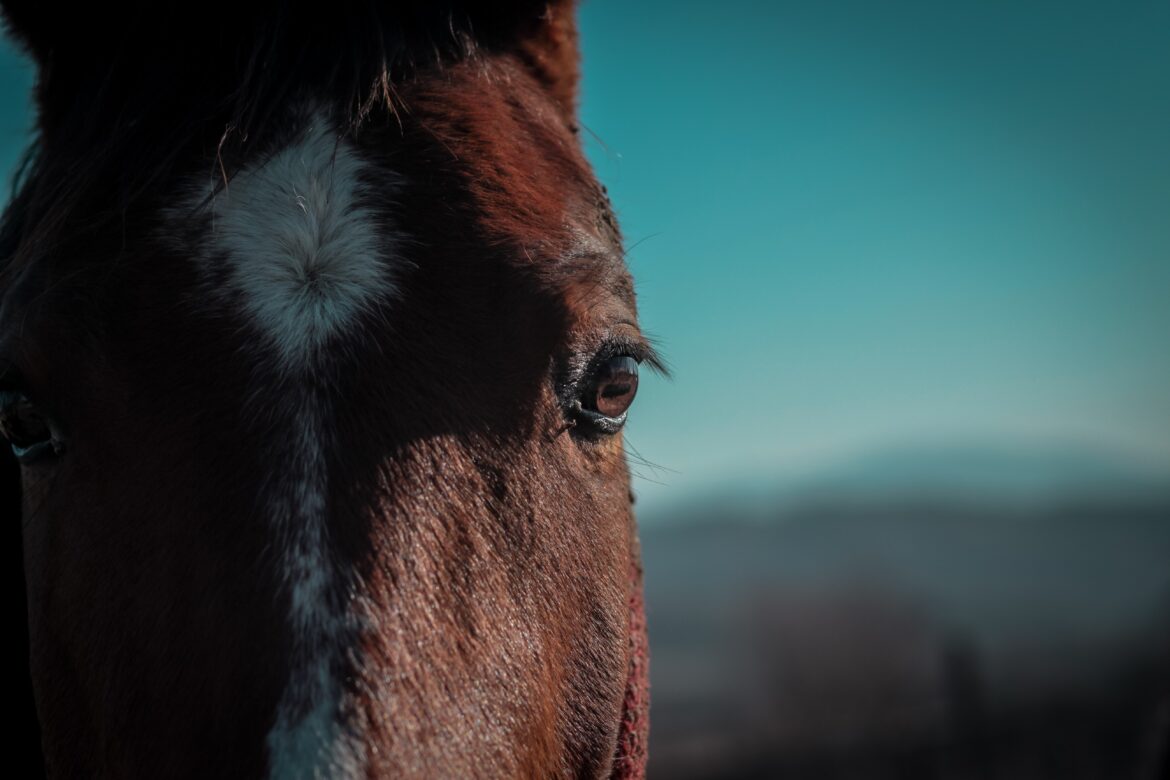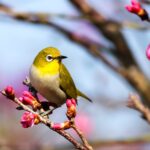The Revd John Ryder considers the beauty of creation and how Lent offers an opportunity to re-examine our lives, beliefs and practices in relation to all God’s creatures.
If you had lived at the end of the 18th century and been asked to look at slavery during Lent, would you have done it?
It is easy now to think that the attitude a Christian should have towards slavery is obvious. But then, in the minds of the people, it was up for grabs. Arguments for and against its abolition were raging in parliament, people on both sides being Christians and church-goers. “Slavery is not condemned in the Bible. It is wrong for Christians to be concerned about slaves or interfere in commerce!” I am sure William Wilberforce and others in Parliament and Hyde Park heard this argument countless times. The people who gave it were not necessarily insincere, they were merely blinded by the prevailing attitudes of the time, and no doubt too by a certain degree by self-interest.
 The same is true about Christians who think we need not be concerned about animals. People are blinded by self-interest and the prevailing attitudes of our time not to be very concerned for the plight of animals. But Christians need to be. After all, God is. In the Gospel of St Luke [12:6] Jesus tells us: “Aren’t five sparrows sold for two pennies? Yet not one sparrow is forgotten by God.”
The same is true about Christians who think we need not be concerned about animals. People are blinded by self-interest and the prevailing attitudes of our time not to be very concerned for the plight of animals. But Christians need to be. After all, God is. In the Gospel of St Luke [12:6] Jesus tells us: “Aren’t five sparrows sold for two pennies? Yet not one sparrow is forgotten by God.”
For animals are not made to be used by us, certainly not to be eaten by us. The food given for us in Genesis [1:29] does not include flesh! No, animals were made to praise God with us.
If that sounds strange, it is (in part) because people don’t tend to say Morning Prayer or attend Mattins anymore. In the Benedicite, a Canticle recited on major feasts at Morning Prayer [Daniel 3:56-88 (Catholic version) or Apocrapha: A Prayer of Azariah (Protestant version)] we read:
And you, rivers and seas, O bless the Lord.
And you, creatures of the sea, O bless the Lord.
And you, every bird in the sky, O bless the Lord.
And you, wild beasts and tame, O bless the Lord.
To him be highest glory and praise for ever.”
One would also read through the Psalms every month. For example in Psalm 148 [7-13] we read
Praise the LORD from the earth,
sea monsters and all ocean depths;
lightning and hail, snow and clouds,
strong winds that obey his command.
“Praise him, hills and mountains,
fruit trees and forests;
all animals, tame and wild,
reptiles and birds.
“Praise him, kings and all peoples,
princes and all other rulers;
young women and young men,
old people and children too.
“Let them all praise the name of the LORD!
His name is greater than all others;
his glory is above earth and heaven.”
The prayer offered after that Psalm in the Roman Breviary puts it just as clearly:
Lord, extolled in the heights by angelic powers, you are also praised by all earth’s creatures, each in its own way. With all the splendour of heavenly worship, you still delight in such tokens of love as earth can offer. May heaven and earth together acclaim you as King; may the praise that is sung in heaven resound in the heart of every creature on earth.” (My italics).
God is praised by all earth’s creatures not just the (comparatively) few humans. God delights in the praise earth has to offer, not just the praise from the humans on it. Every animal we kill, every animal we force to live in an unnatural way, reduces the praise offered to God, and nothing we can do can make up for that lack.
During Lent our minds are concentrated on the way Christ had to suffer for the salvation of the world, and we examine ourselves, repenting of our sins, changing our lives to conform ourselves more closely to the mind of Christ.
We miss a great deal of the cause of Christ’s suffering if we think he came only to save human’s from their sins. That alone is self-centredness, the antithesis of love. Christ died to redeem the whole world. As St Paul [Romans 8:18-22] says:
I consider that what we suffer at this present time cannot be compared at all with the glory that is going to be revealed to us. All of creation waits with eager longing for God to reveal his children. For creation was condemned to lose its purpose, not of its own will, but because God willed it to be so. Yet there was the hope that creation itself would one day be set free from its slavery to decay and would share the glorious freedom of the children of God. For we know that up to the present time all of creation groans with pain, like the pain of childbirth.” (My italics).
 Environmental damage and the suffering of animals is as much part of what needs to be redeemed as our sin. We cannot stop all the suffering of creation, but we can stop causing environmental damage or inflicting suffering on animals, both of which is sin; we can also do what we can to mitigate what other suffering we see, in humans, animals or the environment.
Environmental damage and the suffering of animals is as much part of what needs to be redeemed as our sin. We cannot stop all the suffering of creation, but we can stop causing environmental damage or inflicting suffering on animals, both of which is sin; we can also do what we can to mitigate what other suffering we see, in humans, animals or the environment.
Gandhi was once asked whether we shouldn’t be more concerned with human suffering than animal suffering. His reply shows his superb insight into humanity. He said that those who were concerned with the suffering of animals were as concerned with human suffering; those who were not concerned with the suffering of animals tended to be less concerned with human suffering too.
This Lent, let us examine our life, belief and practices in relation to the non-human animal world as well as towards our fellow human animals, so that we may turn from sin and help every part of Creation: rivers and seas, creatures of the sea, every bird in the sky, wild beasts and tame – as well as us humans – to fulfil our potential in praising God the Creator, Redeemer and Sustainer of us all.
The Revd John Ryder is a retired vicar, formerly of All Saints, Godshill, Isle of Wight and spokesperson for Christian Vegetarians and Vegans UK




